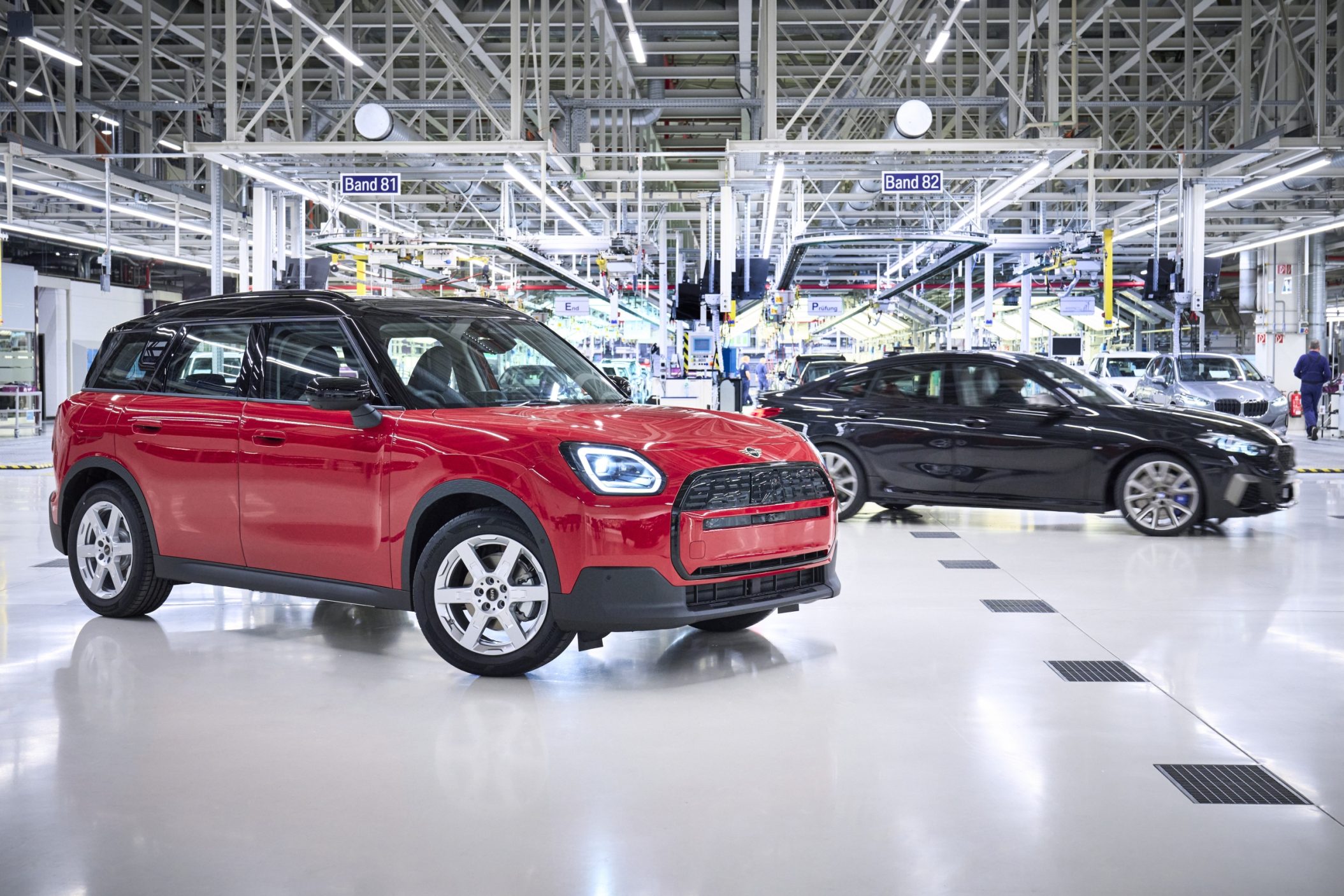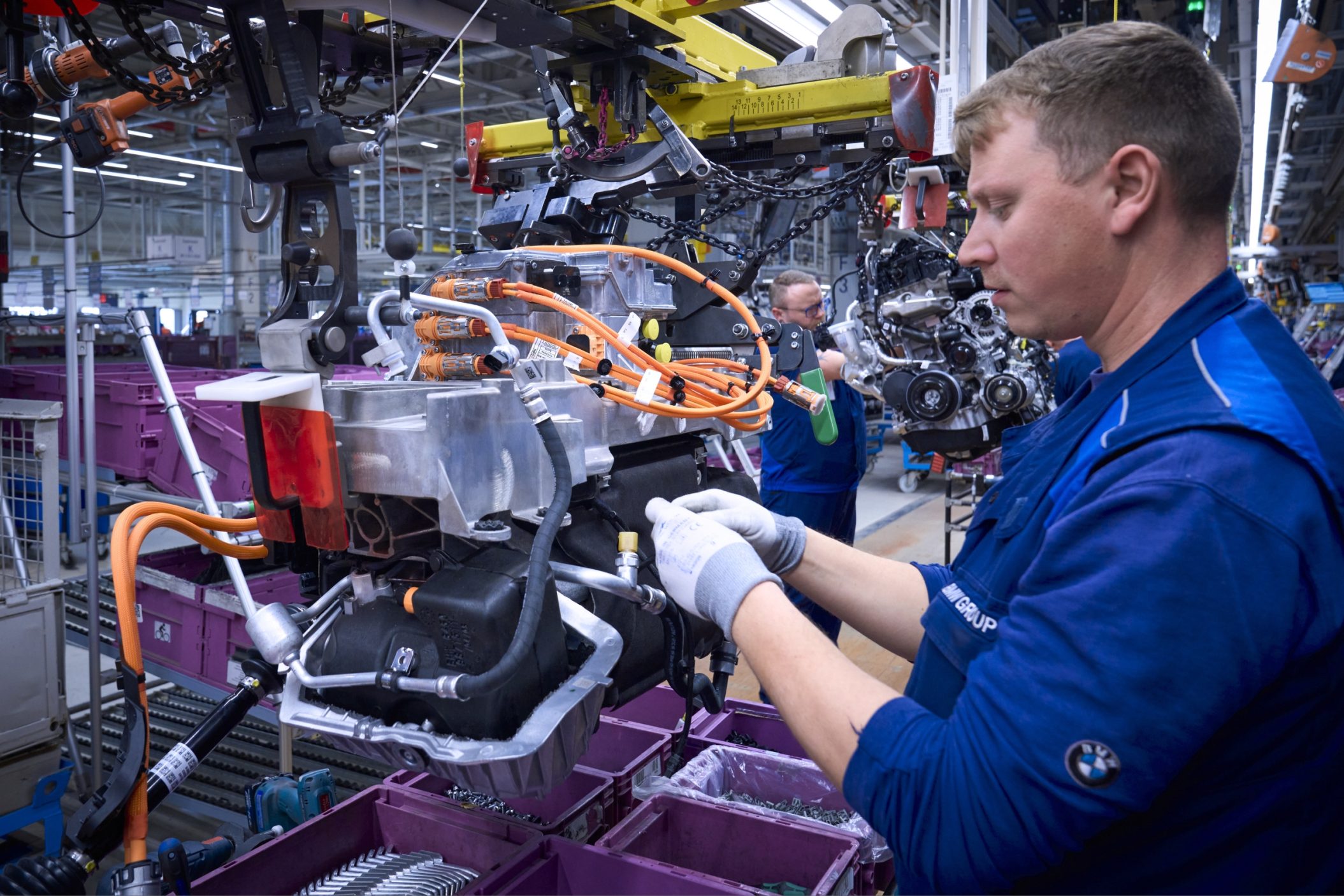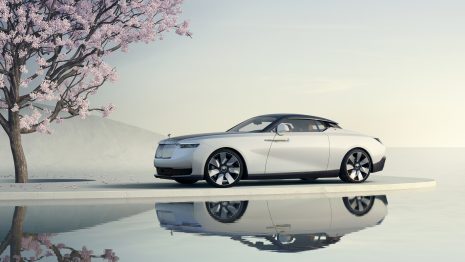Production launch of the MINI Countryman Electric at BMW Group Plant Leipzig
In the heart of Germany, BMW Group’s Leipzig production facility is setting a green benchmark for the automotive industry. With the recent initiation of the fully electric MINI Countryman’s production, the plant has taken a significant leap towards a more sustainable future. This move comes just months after the commencement of its internal combustion engine counterpart, signaling a strategic pivot towards electrification that mirrors the global automotive industry’s shift.
The Leipzig facility boasts a remarkably versatile production line capable of manufacturing both electric and internal combustion engine vehicles. The electric version of the MINI Countryman joins an impressive lineup of models, including the BMW 1 Series, the 2 Series Active Tourer (including a plug-in hybrid variant), and the 2 Series Gran Coupe. This diversity in model production highlights the plant’s capability to adapt and innovate across different types of drivetrains on a single production line.
Aiming for complete electrification by 2030, the MINI brand is counting on the new electric Countryman to play a pivotal role in achieving this ambitious goal. Offering a dynamic driving experience without local emissions, the model is available in two performance variants, catering to a wide range of consumer preferences.
Over recent years, the Leipzig plant has undergone significant upgrades to boost its production capacity and prepare for an expanded electric vehicle production. Investments reaching up to 1.6 billion euros have been funneled into modernizing production processes and expanding the workforce. Plans are in place to increase the number of employees by up to 900, necessitating a shift towards a three-shift system and round-the-clock production to meet the growing demand.
Moreover, the Leipzig facility has emerged as a critical center for electric vehicle battery production, encompassing the entire production process of the 5th generation high-voltage batteries. This development not only underscores BMW Group’s commitment to electrification but also highlights the Leipzig plant’s integral role in the company’s strategy towards a greener, more sustainable automotive future.
As the global automotive industry continues to navigate towards sustainability, BMW Group’s Leipzig plant stands as a testament to the feasibility and success of integrating electric vehicle production with traditional manufacturing processes. This strategic move not only aligns with the increasing demand for electric vehicles but also reinforces BMW’s position as a frontrunner in the journey towards a greener future.











